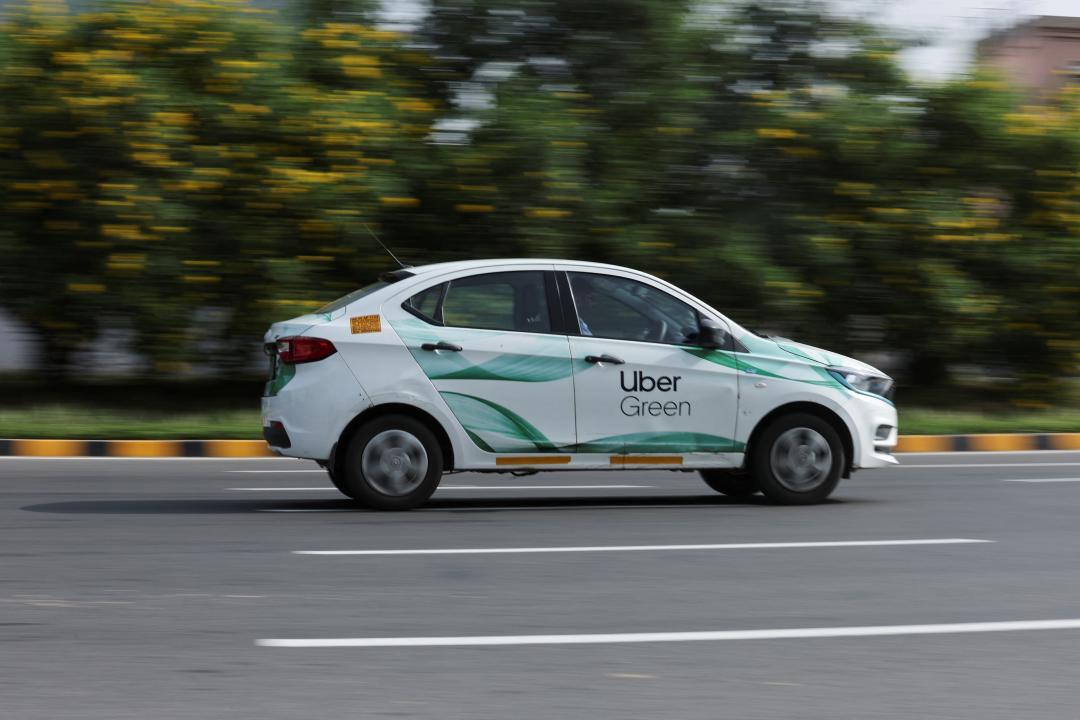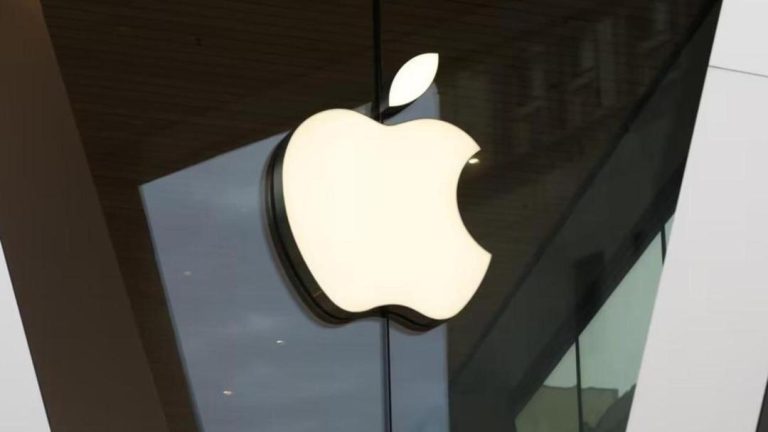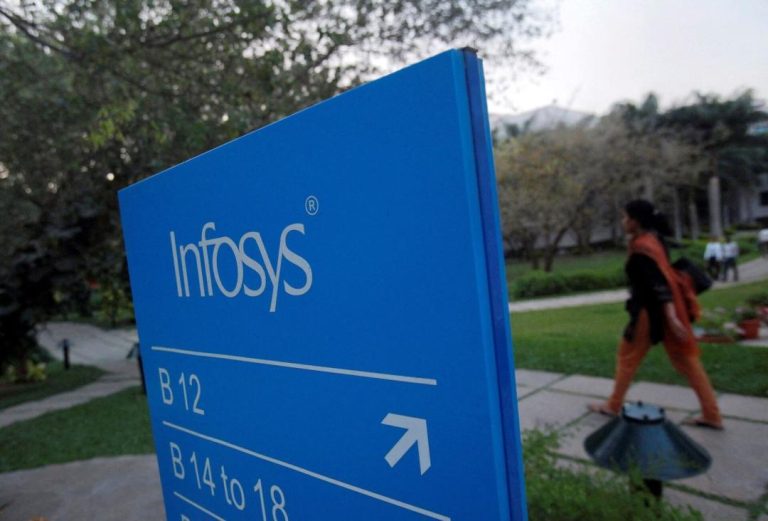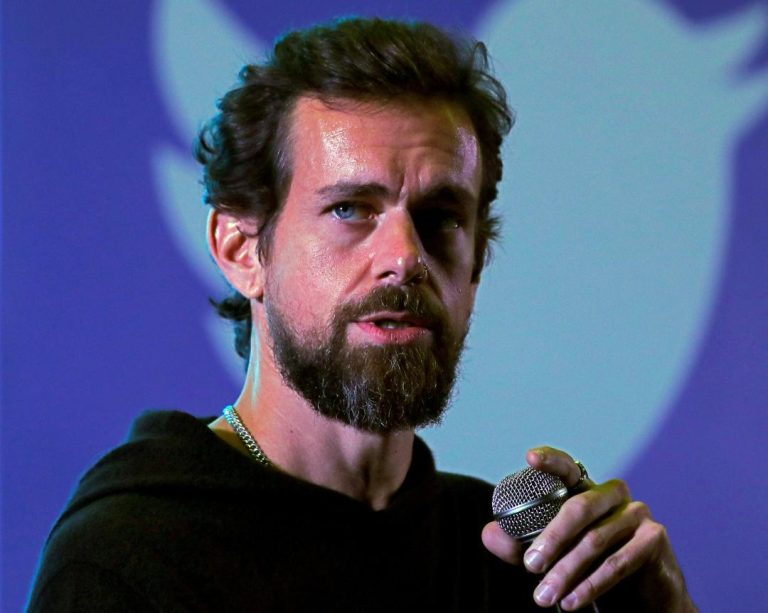
Why are Ola, Uber & Rapido drivers on indefinite strike in Mumbai?
Mumbai, the financial capital of India, is witnessing a significant disruption in its transportation system as Ola, Uber, and Rapido drivers have gone on an indefinite strike. This strike has resulted in longer wait times and a significant reduction in the number of cabs available on the road. The drivers, who are the backbone of these ride-hailing services, are protesting against the low earnings they receive after deducting aggregator commissions and fuel expenses.
The strike, which began on a recent Tuesday, has left commuters in Mumbai struggling to find a ride. The drivers, who are demanding a better deal from the companies, are alleging that their actual income falls to just ₹8-12 per kilometre after deducting aggregator commissions and fuel expenses. They claim that these earnings are unsustainable amid rising fuel and maintenance expenses.
According to reports, the drivers are seeking a significant increase in their earnings, which they believe is necessary to maintain a decent standard of living. The strike has brought all three companies to a grinding halt, with Ola, Uber, and Rapido suspending their services in the city.
The drivers’ union, which represents the interests of the drivers, has accused the companies of exploiting them and not sharing the profits fairly. They claim that the companies are making huge profits, but the drivers are not being compensated accordingly. The union has demanded that the companies increase the earnings of the drivers and provide them with better working conditions.
The strike has also been supported by local politicians, who have urged the companies to negotiate with the drivers and find a solution to the crisis. Some politicians have even threatened to take action against the companies if they do not agree to the demands of the drivers.
The strike has also had a significant impact on the daily lives of commuters. Many people who rely on these services to get to work or school are finding it difficult to get a ride. The situation is particularly challenging for those who are in a hurry or have limited mobility.
The companies, on the other hand, have not commented on the strike or the demands of the drivers. However, they have claimed that they are committed to providing a safe and reliable service to their customers.
The strike has also raised questions about the working conditions of drivers who work for these companies. Many drivers work long hours for low wages and have to bear the expenses of maintaining their vehicles. The strike has highlighted the need for better working conditions and higher earnings for the drivers.
In conclusion, the strike by Ola, Uber, and Rapido drivers in Mumbai is a significant development that has brought the city’s transportation system to a standstill. The drivers are demanding a better deal from the companies, which they believe is necessary to maintain a decent standard of living. The strike has also raised questions about the working conditions of drivers and the need for better earnings and working conditions.






